
THREAD: canadas freedom
LifeLine™ Media threads use our sophisticated algorithms to construct a thread around any topic you want, providing you with a detailed timeline, analysis, and related articles.
News Timeline

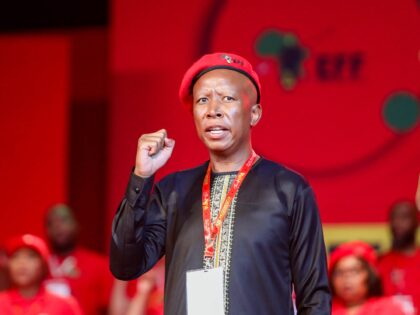
BRITAIN SLAMS Door on Radical EFF Leader: Outrage as Malema Banned from UK
— Julius Malema, head of South Africa’s far-left Economic Freedom Fighters (EFF), was blocked from entering Britain just hours before his flight. He planned to speak at Cambridge University but says the UK gave him “no real reason” for denying his visa. Malema called the move “unacceptable and spineless,” claiming it was meant to silence him.
The EFF blasted Britain’s decision, accusing officials of using red tape to shut down criticism of Western policies. The party blames their leader’s tough talk against British colonial history and anti-Israel comments for the ban.
Malema also wanted to visit Queen Elizabeth’s grave, saying it would help bring “justice and peace” for Africans hurt by colonialism. The EFF claims old grudges from the Royal Family over past criticism may have influenced the decision.
Britain has a history of keeping out controversial figures who threaten public order or stir up division. This latest move sends a clear message that radical voices pushing hate will not get a free pass on British soil.

HONG KONG Freedom Faces Dark Days: Democratic Party Pressured to Disband
— The Democratic Party of Hong Kong, once a symbol of pro-democracy, is nearing its end. Co-founder Yeung Sum admitted the harsh truth as Chinese officials pushed for its disbandment. This marks a major blow to Hong Kong’s promised freedom and rights since the 1997 handover from Britain.
The 2019 protests led to a harsh crackdown, silencing voices through strict elections and media control. China’s national security law jailed some party members and shut down many civil groups. Yeung Sum showed his reluctance but urged members to support disbandment to avoid harsh penalties.
Party veteran Fred Li confirmed similar pressure from Chinese officials, hinting that joining future legislative elections would be impossible if they stayed active. Founding member Sin Chung-kai reported local warnings about potential fallout if the party continued existing.
The dissolution highlights a turning point in Hong Kong’s political scene as Beijing tightens its hold on the region’s autonomy and freedoms.
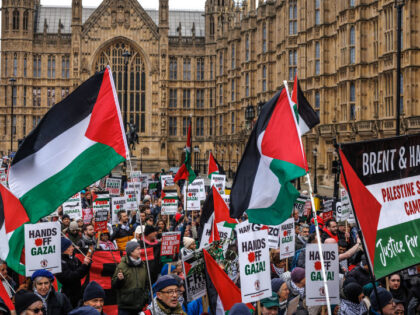
UK’S HAMAS Ban UNDER Fire: Legal Battle Ignites Controversy
— The UK government has labeled Hamas a terrorist group since 2001, expanding this to the entire organization in 2021. Now, a legal challenge claims this violates human rights and seeks to overturn the ban. Fahad Ansari of Riverway Law leads “The Hamas Case,” arguing it breaches freedom of speech under the European Convention on Human Rights.
The challenge includes documents like “The Hamas Manifesto” and argues that Hamas is a resistance movement against Zionism and occupation. It criticizes the UK’s policy as siding with oppressors against Palestinians. The Times of London notes that lawyers are not paid by Hamas due to UK legal restrictions.
This case also questions British foreign policy, alleging historical responsibility for colonization and apartheid in Palestine. The submission portrays Hamas as exercising legitimate resistance rights for Palestinians, challenging Britain’s moral and legal stance on terrorism classification.

US TRADE Policies Cause GLOBAL Economic Jitters
— Recent U.S. tariffs have left Canadian small businesses facing economic challenges, leading to job cuts and price hikes. The Canadian Federation of Independent Business reports nine percent of owners have issued layoff notices due to these tariffs. Businesses are raising prices by an average of 3.7 percent this month as they struggle with rising costs and decreased consumer spending.
In Alberta, business leaders feel cautiously optimistic after avoiding new U.S.-imposed tariffs that threatened the energy sector. Adam Legge from the Business Council of Alberta feels relieved but remains wary about future trade developments under current policies.
President Trump’s tariff strategy aims to equalize import taxes with those imposed by other nations, sparking debate over its economic impact on sectors like agriculture and manufacturing. Meanwhile, Japan’s Prime Minister Shigeru Ishiba expressed disappointment over Japan’s exclusion from tariff exemptions and plans support for affected industries domestically.
These developments highlight growing concerns about global economic instability driven by U.S. trade policies, particularly affecting small businesses worldwide as they navigate uncertain financial landscapes.
CANADIAN PRIDE Surge: US Businesses Face Tough Times
— The “Buy Canadian” movement is gaining steam, impacting U.S. companies looking to expand into Canada. Demeter Fragrances, a Pennsylvania perfume maker, stopped its expansion plans due to changing Canadian tastes. CEO Mark Crames noted a growing dislike for American products in Canada.
This trend isn’t just about perfumes but spans different sectors like drinks and citrus fruits from the U.S. Canadian businesses are thriving as local goods win over consumers. Jason McAllister of Irving Personal Care reported their Canadian-made diapers’ weekly shipments have quadrupled, showing this shift in buyer behavior.
The movement worries U.S.-based consumer companies that depended on the Canadian market for growth chances. Executives are now rethinking strategies as they face more difficulties entering the Canadian retail space amid rising protectionist feelings.
GREENLAND’S Center-Right Victory: A Bold Move For Freedom
— Greenland’s center-right opposition party claimed victory in a key parliamentary election on Tuesday. The election was shaped by U.S. President Donald Trump’s past annexation threat and growing local calls for independence from Denmark.
A January poll showed 85% of Greenlanders were against joining the United States, with nearly half seeing Trump’s interest as a threat. This feeling influenced the election results, showing strong resistance to foreign control.
The winning party’s pro-business approach appealed to voters wanting economic growth and freedom from Danish rule. This change is crucial for Greenland’s political scene and its future ties with global powers.

TRUDEAU vs TRUMP: Trade WAR Heats Up
— Canadian Prime Minister Justin Trudeau has declared a trade war with the United States, led by President Donald Trump. Trudeau stressed Canada’s commitment to defending its economic interests against U.S. policies. This announcement signals a tense period ahead for North American trade relations.
Meanwhile, Mozambique faces unrest as police fired on an opposition march, raising concerns about the opposition leader’s safety. Several protesters were injured during the clash, escalating political tensions in the region. The situation remains volatile as authorities seek to restore order.
In other news, Cyclone Alfred threatens severe weather conditions later this week, prompting meteorologists to advise residents on safe shelter locations. Emergency services are preparing for potential destructive winds and storm surges as the cyclone approaches. Residents are urged to stay informed and take necessary precautions for their safety.
On a different note, China reassures global markets by stating it has ample policy tools to boost economic growth amid recent challenges. This announcement aims to ease concerns over economic stability and show China’s readiness to address financial issues effectively in the coming months.

TRUMP’S BOLD Trade WAR: Tariffs on Canada, Mexico, and China
— President Donald Trump has reignited trade tensions by imposing new tariffs on Canada, Mexico, and China. These include a 25% tax on imports from Canada and Mexico and a 10% tariff specifically targeting Canadian energy products. This move is expected to provoke swift retaliation from these nations.
Trump argues that trade disputes with these countries have harmed U.S. interests. China’s national legislature criticized the tariffs, stating they damage both economies and undermine mutually beneficial trade relations. Canadian Prime Minister Justin Trudeau questioned the rationale behind the tariffs, suggesting they aim to weaken Canada’s economy.
Financial markets reacted negatively to the announcement, raising concerns about inflation and uncertainty in international trade relations. Analysts warn this could lead to broader economic conflicts affecting both U.S. and global economies.
Mexico and Canada have yet to respond publicly but are expected to address the issue soon in press conferences. Lawmakers in Congress express concerns over potential fallout from such aggressive measures while international trade organizations closely monitor the situation for its global economic impact.

US TRADE WAR Heats UP: China and Canada Strike Back
— China and Canada hit back at the U.S. with their own tariffs after America imposed new levies on them. This could worsen trade ties with these key partners. China set additional tariffs up to 15% on certain American goods.
Canada also announced it would impose tariffs as high as 25% in response to the U.S.'s recent actions against both countries. These moves follow America’s new tariffs targeting these nations, heightening global trade tensions.
This growing tariff battle shows the increasing economic friction between major economies under current U.S. policies. The situation is still changing, affecting international trade and domestic markets in all involved countries.
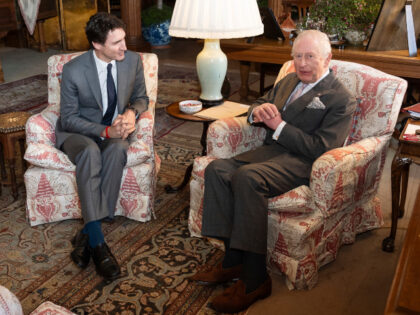
“TRUDEAU FIGHTS Back: Canadian Sovereignty Under Spotlight After Trump’s Comments”
— Canadian Prime Minister Justin Trudeau visited the United Kingdom to discuss Canada’s sovereignty with King Charles. This came after former President Donald Trump hinted at annexing Canada as the “51st state.” Trudeau stressed the importance of Canadian independence, though he did not mention Trump directly.
Trudeau met with King Charles during a summit supporting Ukraine, also attended by President Volodymyr Zelensky. While the details of their conversation remain private, it’s believed Canadian sovereignty was a key topic.
Trump has suggested that Canada would benefit from joining the United States, but he hasn’t taken any formal steps toward annexation. Some Canadians are worried about these remarks, while others see them as jokes.
Trudeau faced political challenges after handling Trump’s tariff threats, leading to Deputy Prime Minister Chrystia Freeland’s resignation and his own decision to step down after ten years in office. A new Liberal Party leader will be elected in late March as Trudeau continues his duties until then.

VP VANCE Slams Censorship: Defends Prayer Freedom In UK
— Vice President JD Vance has spotlighted the case of U.K. army veteran Adam Smith-Connor, arrested for silently praying outside an abortion clinic. Smith-Connor expressed surprise and gratitude on “Fox and Friends Weekend” after learning that Vance highlighted his situation internationally.
Smith-Connor was found guilty of breaking a local Public Spaces Protection Order nearly two years after his silent prayer outside an abortion facility. He was fined £9,000, about $11,330 USD, for his actions.
During the Munich Security Conference last Friday, Vance criticized what he called “Soviet”-style censorship in Europe. He used Smith-Connor’s case to champion free speech and religious liberty against increasing restrictions abroad.

TRUMP’S Bold Move: Ending Canadian Trade Loophole Shakes Up Business
— Canadian businesses are facing new challenges as the U.S. ends the “de minimis” rule for duty-free imports. This change, driven by former President Donald Trump’s executive order, will now impose tariffs on goods that were previously exempt due to their low value.
Sheena Russell, founder of Made with Local in Dartmouth, N.S., is worried about rising costs affecting her snack food business. With the executive order taking effect next month, companies are bracing for higher expenses and more administrative hurdles.
This development comes when businesses are already dealing with various economic pressures. The end of this loophole is expected to cause a demand shock as Canadian companies adjust to the new trade landscape.

TRUMP’S Trade Shake-UP: Canadian Businesses Brace for Impact
— Canadian businesses face new challenges as former President Donald Trump’s executive order ends the DE MINIMIS exemption for shipments entering the U.S. from Canada. This change, along with looming tariffs on Canadian goods, worries business owners. The exemption previously allowed cost-effective shipping with minimal duties, easing cross-border trade.
Sheena Russell, founder of Made with Local in Dartmouth, N.S., voiced her concerns about these changes. Businesses now expect higher costs and administrative hurdles as they adapt to new tariff rules. Compliance complexities may force significant adjustments in operations and pricing strategies for many companies.
The impact is especially troubling for small to medium enterprises that may struggle with these added burdens. The broader implications could hit the Canadian economy hard, highlighting the need for strategic planning by affected businesses. Leaders are preparing to navigate this tough landscape while seeking ways to lessen potential negative effects on their operations and profits.

CANADA BRACES for Trump’S Trade Threats: Unity in the Face of Uncertainty
— Canadian business leaders and government officials are coming together to tackle potential tariff threats from the United States under President Donald Trump. This united front aims to protect Canadian exports during ongoing trade negotiations. The meeting highlights the importance of solidarity as Canada faces these economic challenges.
Inflation rates in Canada have recently dipped below the two percent target, adding complexity to the situation. This drop raises questions about future interest rate changes, which could affect both businesses and consumers. Business Analyst Kris McCusker suggests that these developments might lead to interest rate adjustments soon.
The outcome of U.S.-Canada trade discussions could significantly change Canadian trade dynamics, making unity among stakeholders crucial. As talks progress, Canadian leaders remain focused on protecting their economic interests while preparing for any shifts in policy or market conditions prompted by U.S. actions.

— Trump hints at military action to secure Panama Canal and Greenland The president-elect emphasized the importance of US control over both regions for national security, stating he won’t dismiss the use of force
:max_bytes(150000):strip_icc():focal(749x0:751x2)/justin-trudeau-resignation-010625-6-15ddb0f147284e2492e88ab4023b235b.jpg)
TRUDEAU’S Shocking Exit: What It Means for Canada’S Future
— Canadian Prime Minister Justin Trudeau has announced his resignation, marking a major shift in the nation’s political landscape. Trudeau cited the need for Canadians to have a “real choice” in future elections. His decision follows internal party struggles and numerous political challenges during his nearly decade-long tenure.
Trudeau’s departure aims to rejuvenate the Liberal Party and reconnect it with voters. The announcement comes just before a crucial parliamentary session, highlighting the urgency for new leadership. Trudeau believes fresh leadership is needed to tackle Canada’s evolving challenges more effectively.
This move aligns with a global trend where leaders face increased scrutiny and demands for accountability from constituents. During his time in office, Trudeau faced debates on climate change, economic policies, and social justice issues that defined his leadership era.
Speculation about potential successors within the Liberal Party has already begun as Canada braces for upcoming elections. Public reaction is mixed, with some disappointed by his exit while others see it as an opportunity for change in Canadian politics.

— UK Braces for Potential Unrest Amid Surge in Anti-Immigrant Violence: Authorities remain vigilant as Prime Minister Keir Starmer warns against complacency following threats from far-right activists targeting immigration sites Counter-protesters rally to protect asylum services, demonstrating solidarity against extremist actions
— Canada Prepares Tariff Retaliation Amid Trade Tensions A Canadian government official announced that the country is considering potential tariff targets in response to ongoing trade disputes

— MPs Prepare for Free Vote on Assisted Dying Bill The House of Commons is set to hold a free vote, sparking diverse opinions among MPs regarding the proposed assisted dying legislation

— Queen Camilla to Miss Remembrance Events The Queen will not attend the Royal British Legion Festival of Remembrance or the Remembrance Sunday ceremony to honor the war dead
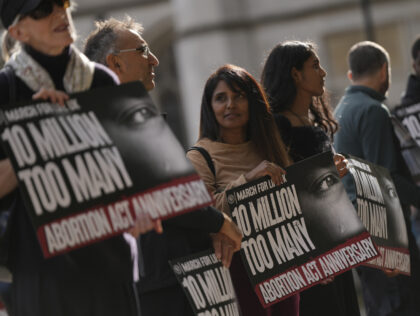
UK’S ABORTION Law IGNITES Fiery Debate Over Free Speech and Safety
— A new law in England and Wales bans protests within 150 meters of abortion clinics, aiming to protect women from harassment. Similar measures have been enacted in Scotland and Northern Ireland. The law penalizes those obstructing or influencing individuals seeking abortion services, with offenders facing unlimited fines.
The legislation, part of the previous Conservative government’s Public Order Act, faced delays due to debates over silent prayer protests and a government change in July. The Crown Prosecution Service states that silent prayer near clinics may not always be criminal, leaving police to evaluate each situation individually. Anti-abortion groups argue this infringes on religious freedom, while pro-choice advocates claim such demonstrations can intimidate women entering clinics.
In March 2023, lawmakers rejected a proposal by some conservatives to allow silent prayer within buffer zones explicitly. This decision leaves room for legal challenges as both sides prepare for potential court battles over the interpretation of these rules. Crime and Policing Minister Diana Johnson expressed confidence that the new safeguards will help women feel safer accessing essential services without fear of intimidation or distress.

NEW SECURITY Bill In South Sudan Sparks Western Outrage
— The U.S. and other western nations criticized a new security bill in South Sudan that allows detaining people without warrants. They argue it undermines political and civil freedoms ahead of the December elections.
Passed on July 3, the bill has jeopardized peace talks and raised fears of arbitrary arrests before the country’s first-ever elections. President Salva Kiir has 30 days to either approve or veto the law.
Nine western envoys, including those from the U.S. and Britain, stated that signing this bill would hinder free political and civic expression, essential for peaceful elections. The U.S. State Department emphasized creating an environment where citizens can express views without fear is crucial for democracy in South Sudan.

UK-CANADA Trade Talks GRIND to a Halt: The Beef and Cheese Battle That’s Costing Billions
— The UK government has unexpectedly put the brakes on post-Brexit trade talks with Canada. This sudden move follows a two-year stalemate over beef and cheese imports and exports, which began after Britain officially left the European Union.
Trade between these nations, valued at roughly 26 billion pounds ($33 billion) per year, has mostly persisted under the initial agreement made while Britain was still an EU member. However, Canadian negotiators are feeling the heat from their own beef industry and local cheesemakers. The former is pushing for access to the UK market for hormone-fed beef, while cheesemakers are raising alarms about tariff-free imports of British cheese.
The privilege of tariff-free British cheese exports came to a halt at the close of 2023 when a temporary agreement expired. This change led to a staggering 245% duty hike for British producers. Canada’s trade minister Mary Ng firmly stated that Canada “will never agree to a deal that isn’t beneficial for our workers, farmers and businesses.” Minette Batters, president of the National Farmers’ Union in England and Wales praised Britain’s resistance against hormone-fed beef imports.
Despite this hiccup in negotiations, the UK government remains open-minded about future discussions. However, any significant progress appears unlikely at present.

UK’S IRON Fist: Peaceful Protesters Face HARSH Prison Terms Under New Conservative Laws
— Peaceful environmental activists in the United Kingdom are now under legal fire for their demonstrations. One retiree could face two years behind bars simply for holding a sign outside a courthouse. An engineer, on the other hand, has been handed a three-year sentence for displaying an “Just Stop Oil” banner from a bridge. Even walking slowly down the street has led to numerous arrests.
These arrests are part of new stringent laws that limit protest rights. The Conservative government justifies these laws as necessary tools to halt extremist activists from harming the economy and causing daily disruptions. Critics, however, contend that these laws chip away at civil rights without proper legislative oversight or judicial safeguards.
The widespread arrest of peaceful demonstrators and branding of environmental activists as extremists signal an alarming shift in this traditionally liberal democracy. Jonathon Porritt, an ecologist and former director of Friends of the Earth stated, “The government is clearly intent on suppressing what is legitimate, lawful protest.”
Britain’s democratic system with centuries-old roots relies heavily on governmental self-restraint — something critics fear is now being eroded.

BRUTAL Clampdown: UK’S PEACEFUL Protesters Face Harsh Penalties Under New Conservative Laws
— In the United Kingdom, peaceful protesters, including a retiree and an engineer, are facing harsh penalties under new laws. The retiree risks a two-year prison sentence for simply holding a sign outside a courthouse. This sign reminded jurors of their right to acquit defendants. At the same time, the engineer was slapped with a three-year sentence for displaying an “Just Stop Oil” banner from a bridge.
A wave of arrests has swept across those who participated in environmental protests by merely walking slowly down streets. These detentions are part of stringent new laws that curb protest rights in the U.K., leading to hundreds of environmental activists being held.
The Conservative government defends these laws as necessary measures to prevent extremist activists from disrupting daily life and harming the economy. However, critics argue that these actions erode civil rights without adequate scrutiny from lawmakers or protection from courts.
Jonathon Porritt, an ecologist and former director of Friends of Earth, joined others in front of London’s Central Criminal Court to protest this treatment. He voiced his concern over what he perceives as government suppression stating that “legitimate protest is part of what

Video
ELON MUSK Champions Free Speech On X
— Elon Musk, owner of X (formerly Twitter), has increasingly used the platform to amplify his political views and those of right-wing figures. Musk’s actions align with his 2022 statement that he bought Twitter to protect free speech. He believes a public platform for free speech is crucial for civilization’s future.
Musk often discusses existential threats like population collapse and artificial intelligence, framing threats to free speech as another crisis. He sees X as a “digital town square” where vital issues are debated. In the U.S., Musk has shared memes and sometimes misinformation about illegal immigration, election fraud, and transgender policies while endorsing Donald Trump’s presidential bid.
In May 2023, Musk co-hosted Florida Gov. Ron DeSantis’ presidential bid announcement on X, which faced technical issues but highlighted his vision for the platform. Despite the glitches, Musk invited other candidates to use X for their announcements.
Trump accepted and had an interview with Musk that also experienced technical difficulties but eventually took place after a 42-minute delay.

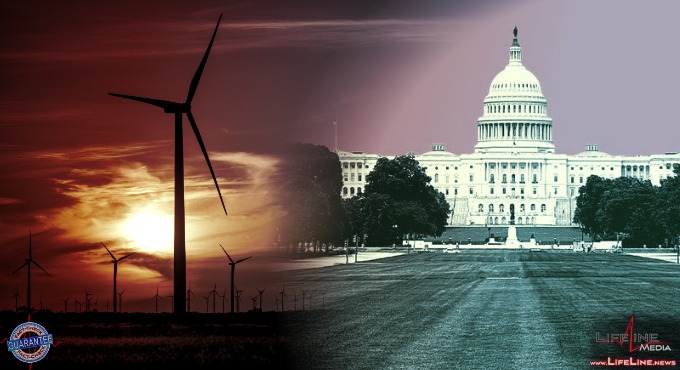
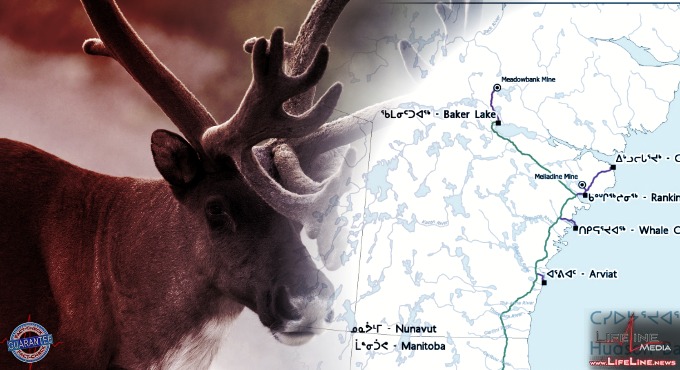
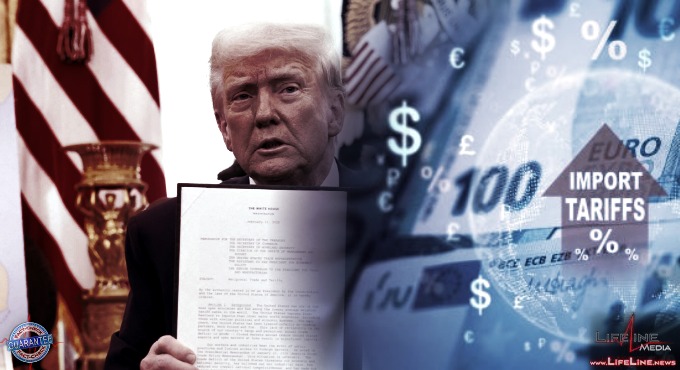
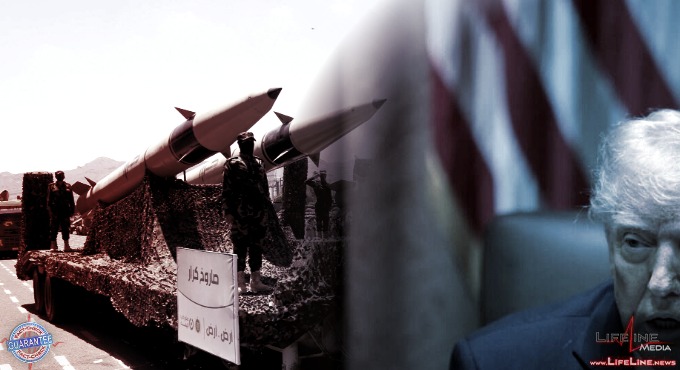
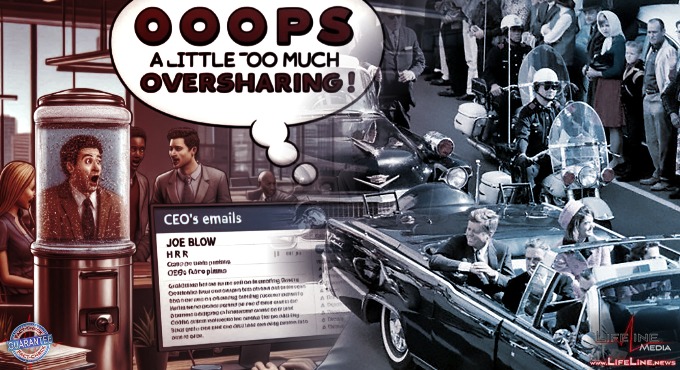

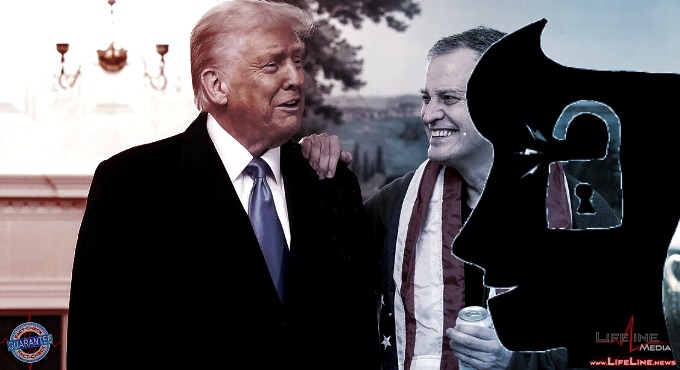
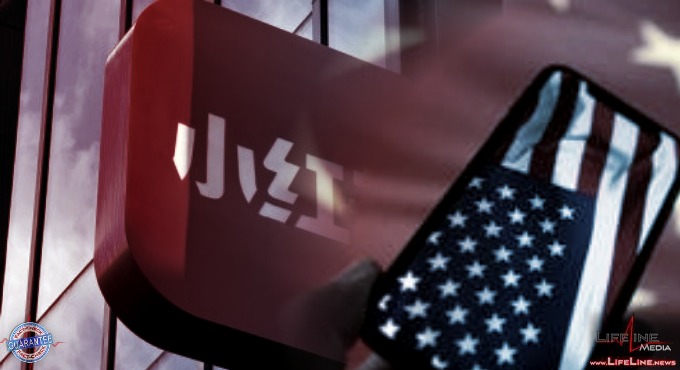
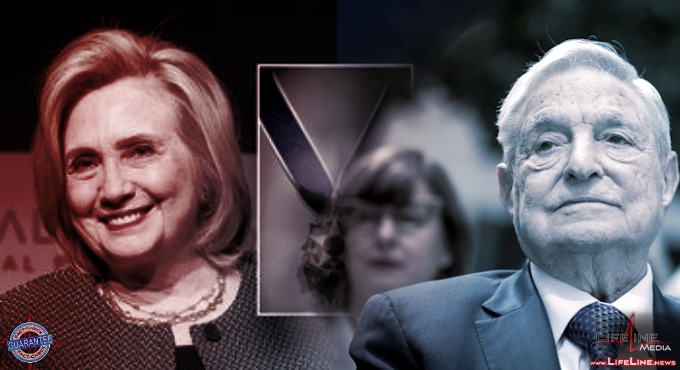
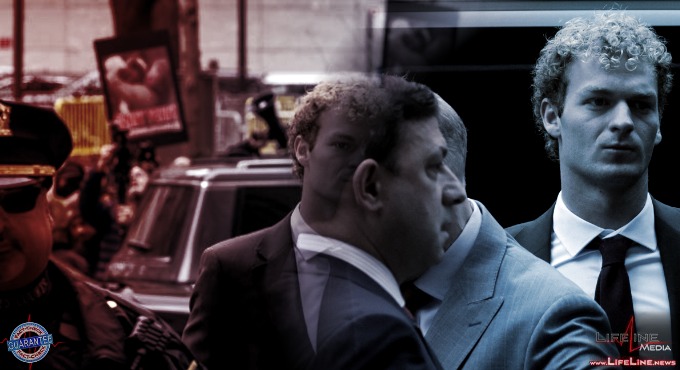
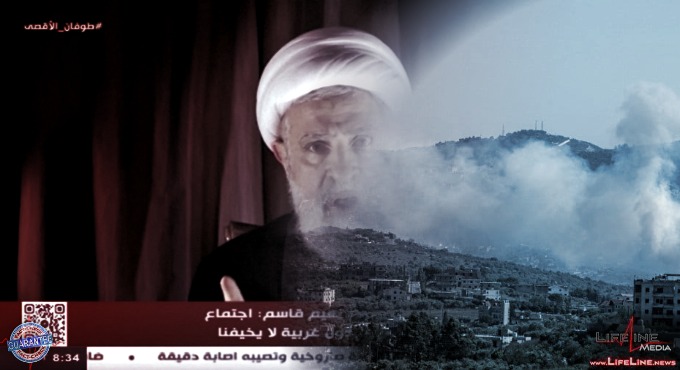

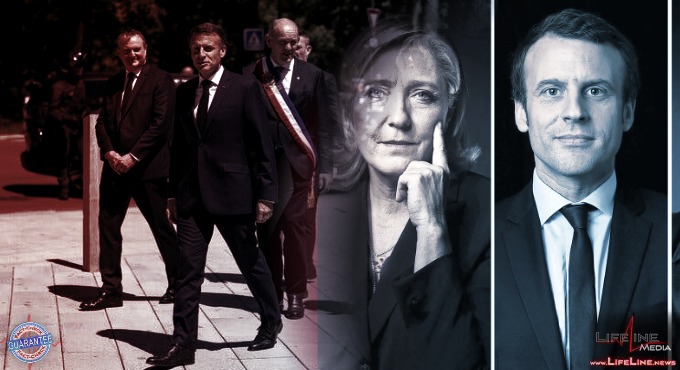
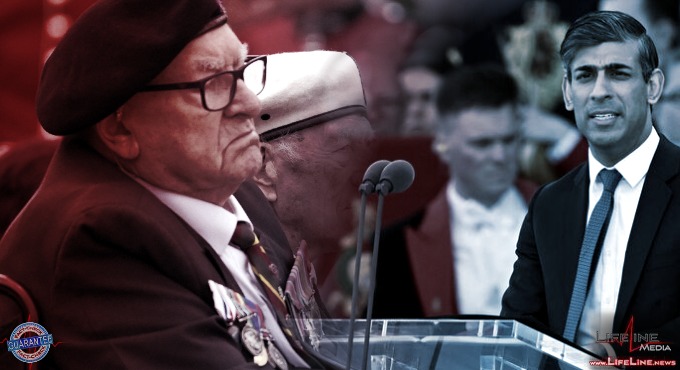
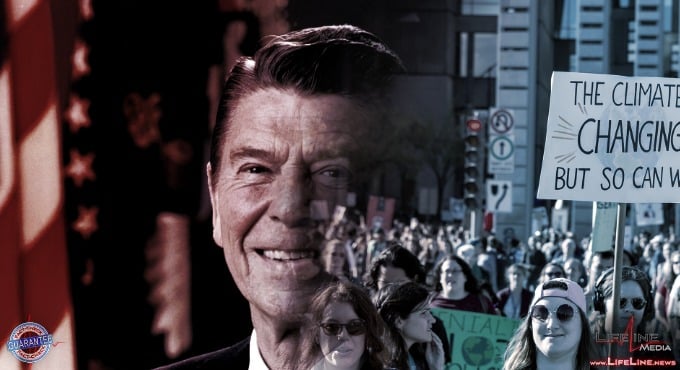
Social Chatter
What the World is Saying"It's a great honor to have Prime Minister @MarkJCarney with us. A few days ago, he won a very big election in Canada. And I think Canada chose a very talented person." –President Donald...
. . .President Trump meets with Canadian Prime Minister @MarkJCarney in the Oval Office. "Regardless of anything, we are going to be friends with Canada... I have a lot of respect for the Canadians."...
. . .President Donald J. Trump Welcomes Canadian Prime Minister @MarkJCarney to The White House 🇺🇸🇨🇦
. . .Putin must pay. It’s unthinkable to give him a bailout. A long-term plan needs global leadership. We all need to do more, but now as Canada hosts the upcoming G7 Leaders’ Summit there is...
. . .Happy St George’s Day! Let’s fly the England flag in defiance of Emily Thornberry and joyless wokery everywhere 🏴
. . .